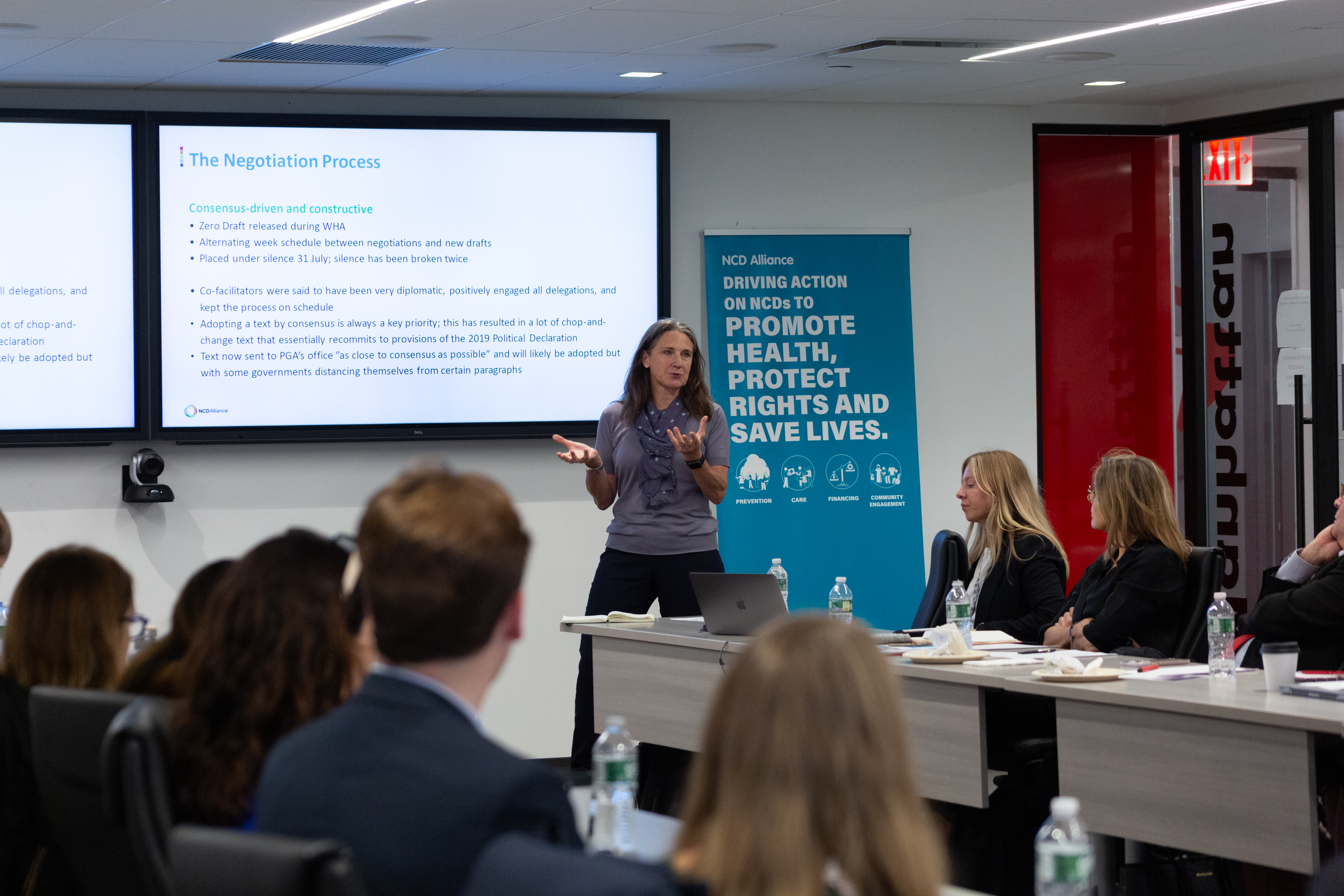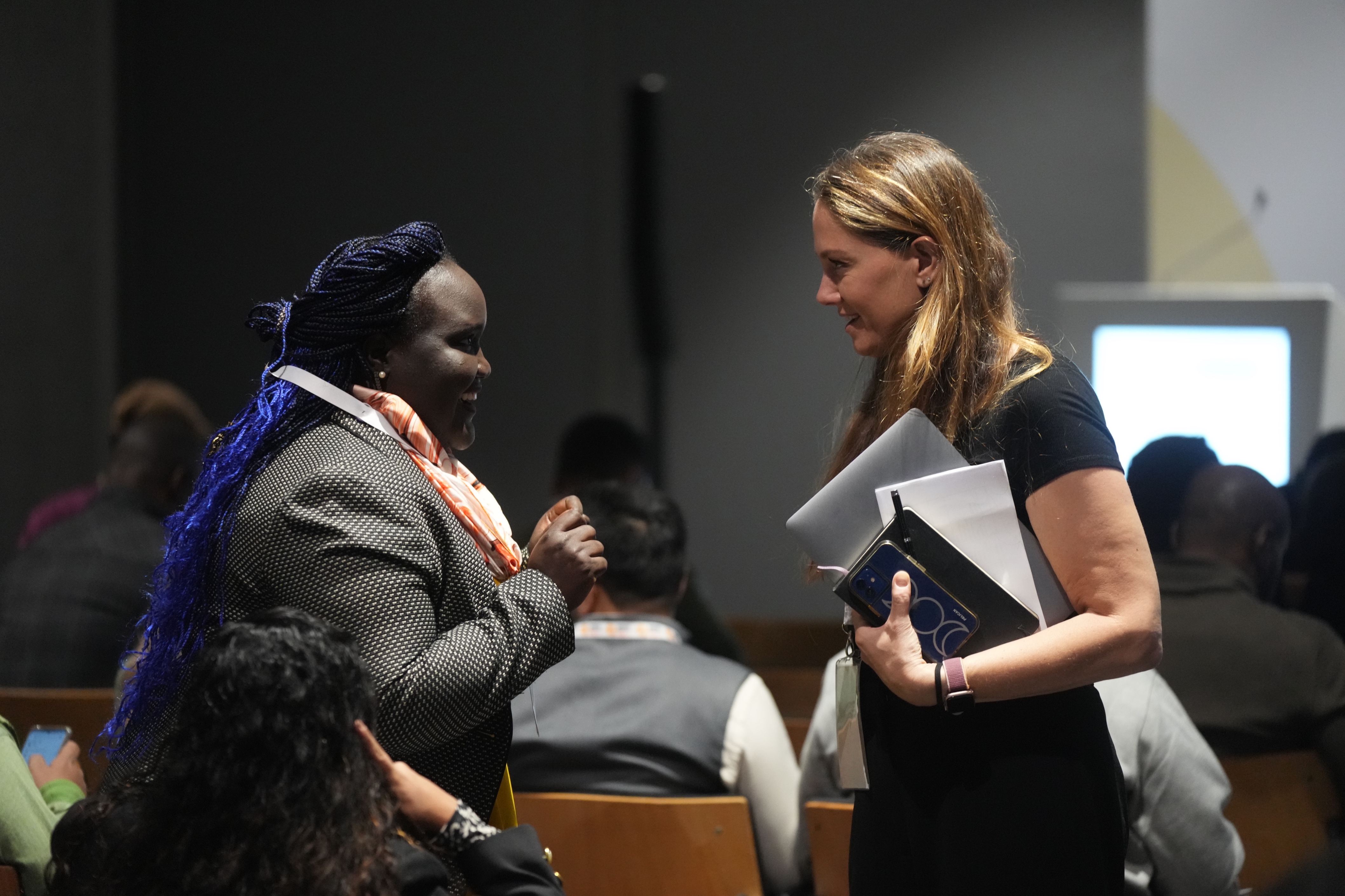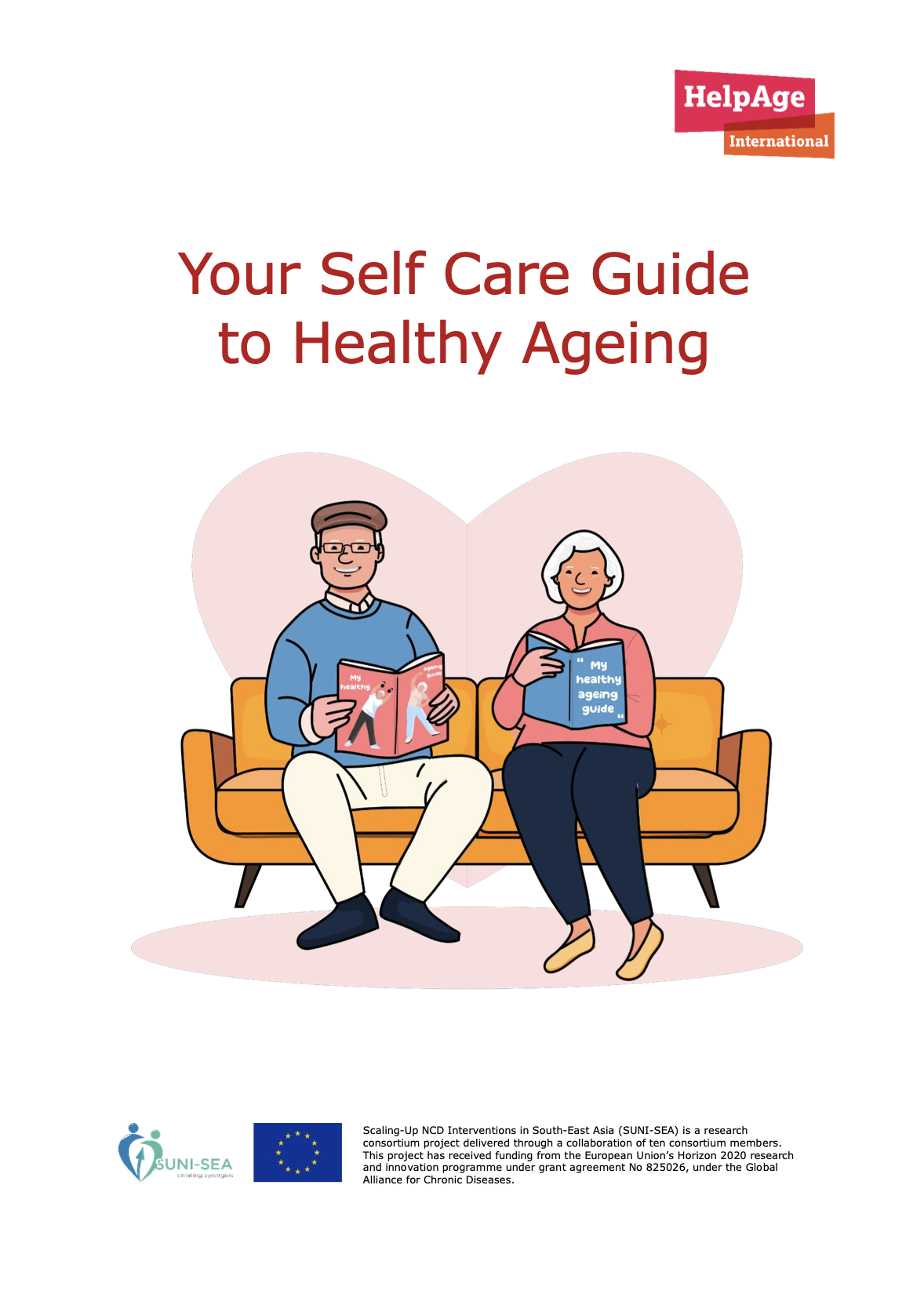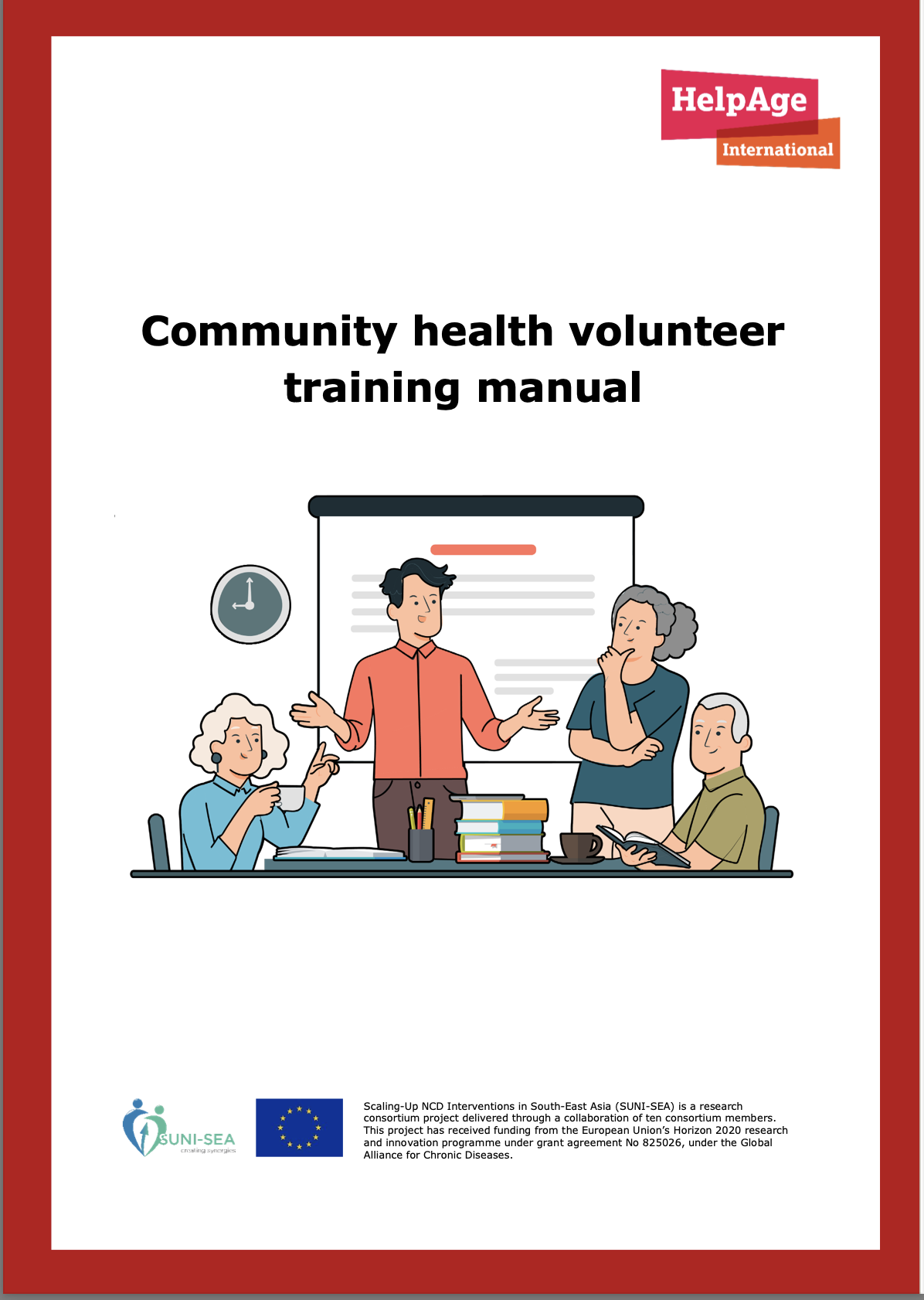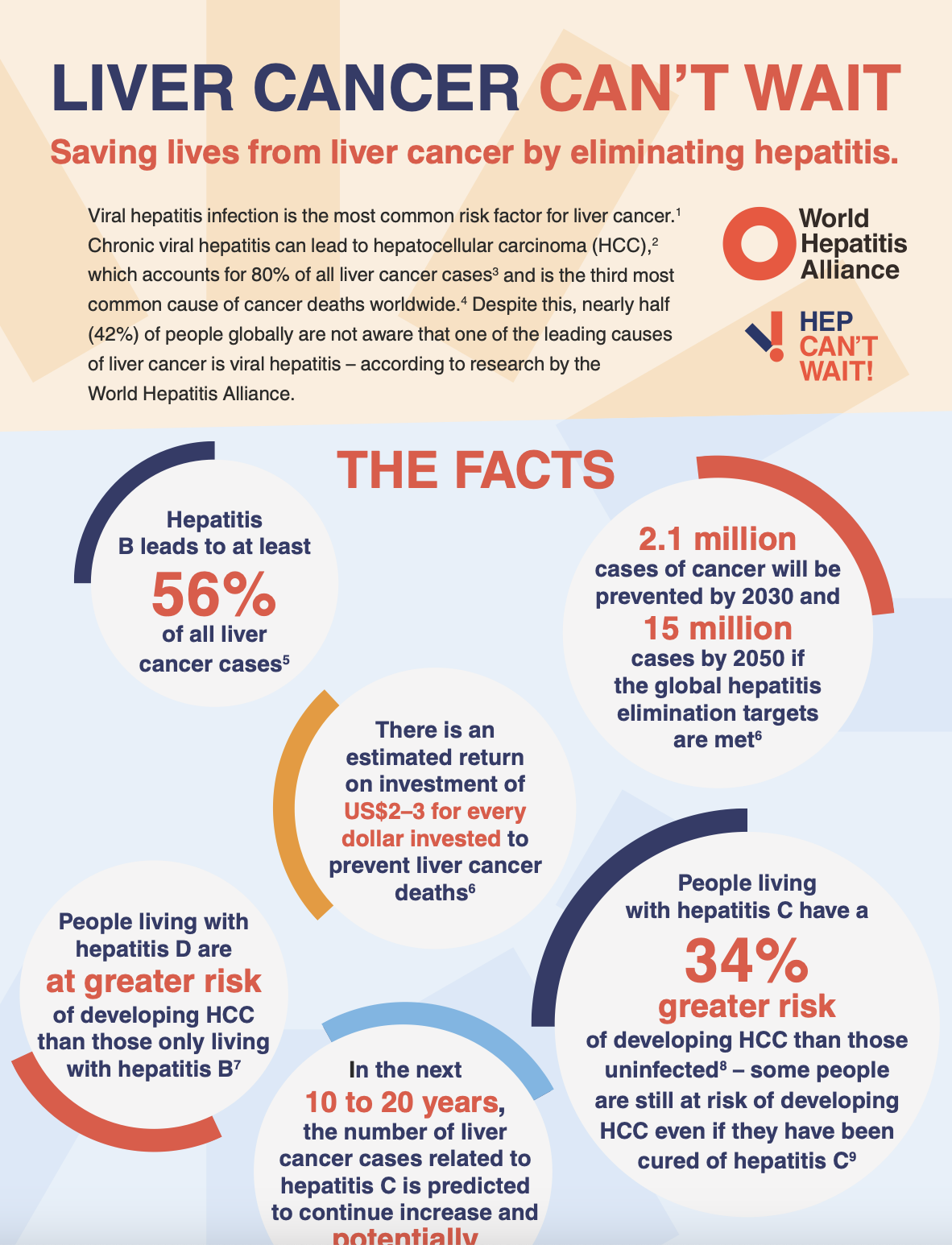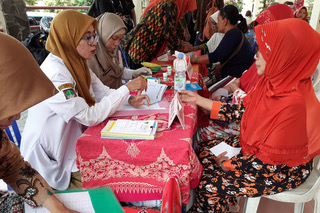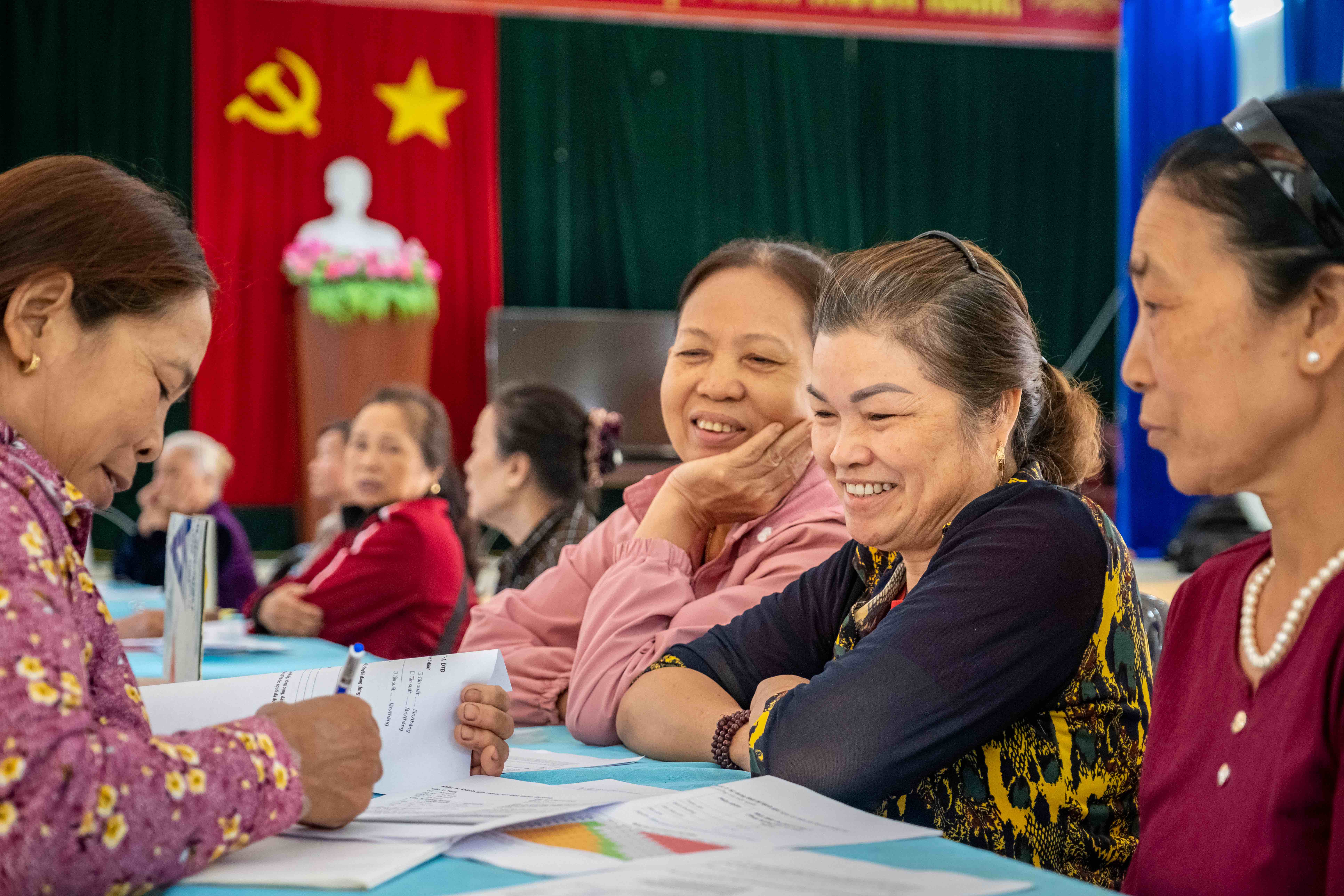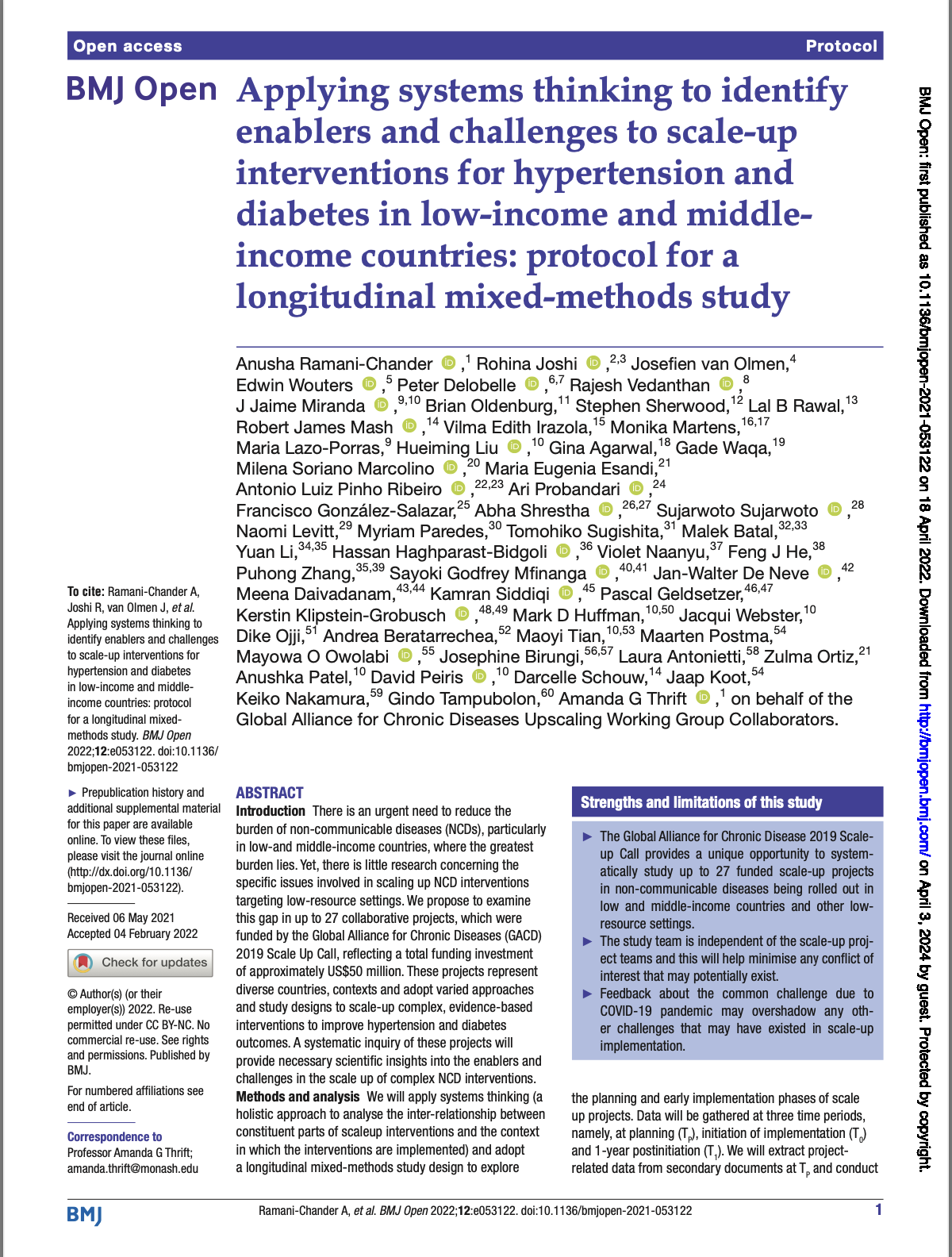05 Apr 2024
NCD Alliance
The crucial role of civil society and lived experience for sustainable financing of NCDs and mental health: A call to action by NCD Alliance
The under-funding of NCDs and mental health is not just an issue at national level. Today, NCDs cause 41 million deaths per year – 74% of all deaths globally - and are the leading cause of disability. 17 million of these NCD deaths occur prematurely - between the ages of 30 and 70 – with 86% of those deaths occurring in low- and lower-middle-income countries (LLMICs), a disproportionately...
05 Apr 2024

